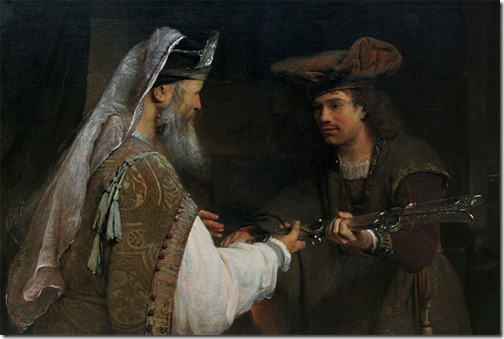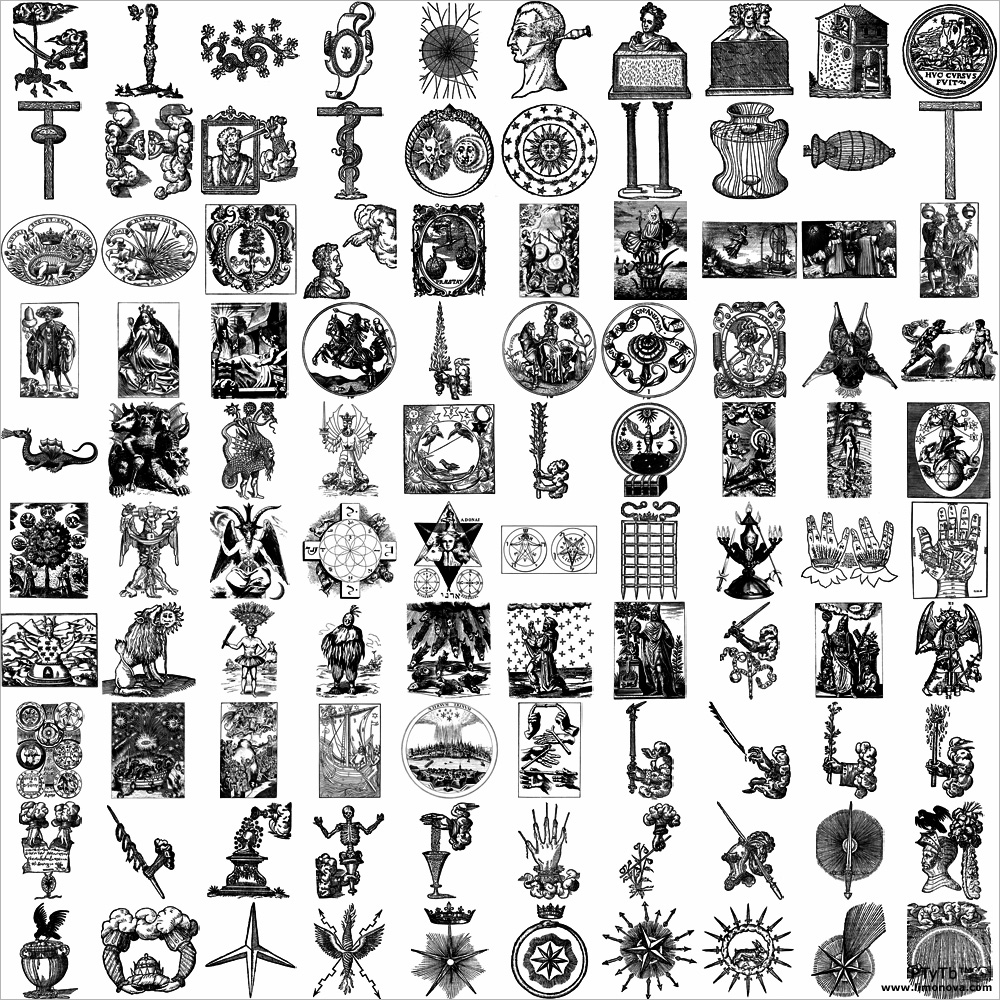To yet another class of men our legislator often calls the attention of the Insinuator: “Seek me out, for example,” says Weishaupt, “the dexterous and dashing youths. We must have adepts who are insinuating, intriguing, full of resource, bold and enterprising; they must also be flexible and tractable, obedient, docile, and sociable. Seek out also those who are distinguished by their power, nobility, riches, or learning, nobiles, potentes, divites, doctos, quærite—Spare no pains, spare nothing in the acquisition of such adepts. If heaven refuse its aidance, conjure hell.
With respect to religions, he prefers the disciples of Luther and Calvin to the Roman Catholics, and greatly prefers the former to the latter. This distinction should alone suffice to open the eyes of many who wish to persuade themselves that the whole of the revolutionary fury is aimed at the Roman Catholic religion. This motley crew certainly did the Catholics the honour of directing their shafts more pointedly at them, as strenuous opponents of their impiety and of their religious and civil anarchy; but was it to preserve the Protestant religion that Weishaupt gives them such a preference, in hopes of making them subservient to his plots? That he did give such a preference cannot be doubted, when we see him expressly writing to an adept whom he had commissioned to look out for a person proper to be received into the higher mysteries and to found a new colony of Illuminees—were this man a Protestant I should like him much better.—Wäre es ein Protestant,
p. 420
so wäre es mir um so Lieber. 19 Weishaupt’s most famous adept constantly manifests the same predilection; he even wishes to retrench certain parts of the mysteries that he may not alarm the Catholics, and seems always to hint at Frederic the IId’s saying, We Protestants go on brisker. 20 Most certainly this proves beyond a possibility of doubt, that the destruction of all Protestant laws, whether civil or religious, had place in their plans. Nor were the Protestants of Germany the dupes of such a policy, as many of the most determined antagonists of Illuminism were of that religion.
Further, he wishes to entice men into his order who have fixed residences in towns, such as merchants and canons, who might assiduously propagate his doctrines, and establish them in their neighbourhoods. 21
The Recruiter must use every art (for an obvious reason) to engage schoolmasters, and to insinuate his doctrines into, and gain adepts in the military academies, and other places of education; he is even to attempt the seduction of the superiors of ecclesiastical seminaries. 22
“He will spare no trouble to gain the Prince’s officers, whether presiding over provinces, or attending him in his councils. He that has succeeded in this has done more,” says the code, “than if he had engaged the Prince himself. 23 In fine, the Provincial, or the chief Insinuator, is to recruit every thing that can be tainted with Illuminism, or can be serviceable to its cause.” 24
The following extraordinary instructions are also given by Weishaupt respecting the choice of adepts: “Above all things (he says to his Insinuators) pay attention to the figure, and select the well-made men and handsome young fellows. They are generally of engaging manners and nice feelings. When properly formed, they are the best adapted for negotiations; for first appearances prepossess in their favour. It is true, they have not the depth that men of more gloomy countenances often have. They are not the persons to be entrusted with a revolt, or the care of stirring up the people; but it is for that very reason that we must know how to chuse our agents. I am particularly fond of those men whose very soul is painted in their eyes, whose foreheads are high, and whose countenances are open. Above all, examine well the eyes, for they are the very mirrors of the heart and soul. Observe the look, the gait, the voice. Every external appearance leads us to distinguish those who are fit for our school.” 25
“Select those in particular who have met with misfortunes, not from accidents, but by some act of injustice; that is to say, in other words, the discontented; for such are the men to be called into the bosom of Illuminism, as into their proper asylum.” 26

Moe is the founder of GnosticWarrior.com. He is a father, husband, author, martial arts black belt, and an expert in Gnosticism, the occult, and esotericism.

![That there was in her monastery a brother, on whom a gift of song was bestowed by Heaven [680 A.D.] | Book 4 | Chapter 24 That there was in her monastery a brother, on whom a gift of song was bestowed by Heaven [680 A.D.] | Book 4 | Chapter 24](https://www.gnosticwarrior.com/wp-content/plugins/contextual-related-posts/default.png)






